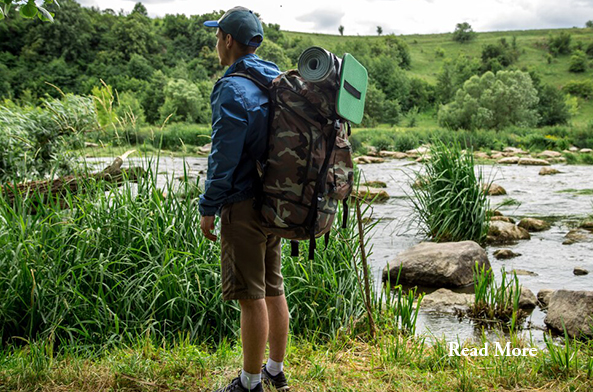
Eco-tourism and nature walks offer travelers unique opportunities to connect with nature while promoting conservation efforts and sustainable practices. These experiences not only provide a chance to explore pristine natural environments but also foster a deeper understanding of the delicate ecosystems that sustain life on our planet. Let's delve into what eco-tourism and nature walks entail: Eco-Tourism: Eco-tourism, also known as ecological tourism, focuses on responsible travel to natural areas that conserve the environment and improve the well-being of local communities. Unlike traditional tourism, which may prioritize mass consumption and disregard environmental impact, eco-tourism seeks to minimize its footprint while maximizing benefits for both travelers and destinations.
Environmental Conservation: Eco-tourism aims to preserve and protect natural habitats, wildlife, and biodiversity. Activities are designed to minimize disturbance to ecosystems and reduce pollution. Sustainable Practices: Sustainable tourism practices ensure that resources are used responsibly, local cultures are respected, and economic benefits are distributed equitably among communities. Education and Awareness: Eco-tourism encourages learning about environmental issues, conservation efforts, and indigenous cultures. Travelers gain insights into the importance of protecting fragile ecosystems and fostering sustainable lifestyles. Nature Walks: Nature walks offer immersive experiences in natural settings, allowing participants to engage with their surroundings through guided exploration. Whether trekking through lush forests, meandering along scenic trails, or wandering through pristine wilderness areas, nature walks provide opportunities for observation, reflection, and appreciation of the natural world. Key aspects of nature walks include: Exploration of Natural Habitats: Nature walks take participants into diverse ecosystems, including forests, wetlands, mountains, and coastal areas. Guides provide insights into local flora, fauna, geology, and ecological processes. Outdoor Recreation: Nature walks cater to individuals of all fitness levels, offering leisurely strolls, moderate hikes, and challenging treks. Activities such as birdwatching, wildlife spotting, and photography enhance the outdoor experience. Mindfulness and Wellness: Immersion in nature promotes physical and mental well-being, reducing stress, anxiety, and fatigue. Participants have the opportunity to connect with the natural environment, rejuvenate their senses, and cultivate a sense of tranquility.